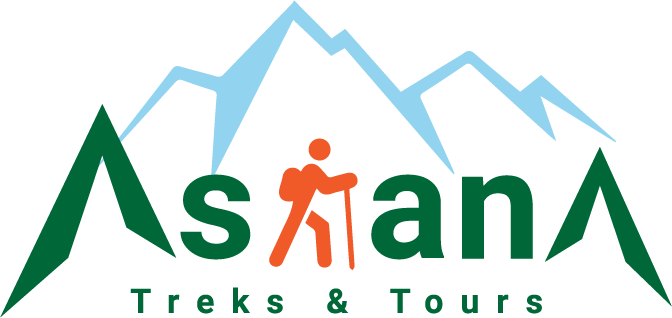☰
×
- Home
-
Destination
-
Special Packages
-
Trekkings
-
Top & Popular Trekking in Nepal
- Everest Base Camp Trekking
- Everest Gokyo -Ri Trekking
- Poon Hill and Everest Panorama Trekking
- Upper Mustang Trekking
- Manaslu Larke-Pass Trekking
- Yoga Trekking in Nepal
- Annapurna Base Camp Trekking
- Annapurna Base Camp Short Trekking
- Annapurna Circuit Trekking
- Mardi, Annapurna Base Camp and Khopra Ridge Trekking
- Langtang Gosaikunda passes trekking
- All in One Combo Holidays in Nepal
- Mardi Himal trekking
-
All Season & Easy Trekking in Nepal
- Sarangkot Lwang Trekking
- Ghorepani Ghandruk Trekking
- Ghandruk Hot Spring Dhampus Trekking
- Nayapul - Dhampus loop Trekking
- Poon Hill Easy Trekking
- Ghorepani Dhampus Circuit Trekking
- Langtang Panorama Trekking
- Poon Hill and Muldai Viewpoints Trekking
- Experience Nepal Trekking
- Kathmandu Heritage Tour With Chisapani Nagarkot Trek
- Chisapani - Nagarkot- Dhulikhel Trekking
- Royal Trekking
- Helambu Ama Angri Trekking
- Restricted Area Trekking in Nepal
-
Amazing Adventure Trekking in Nepal
- Everest Base Camp Via Jiri
- Everest Three High Passes Trekking
- Annapurna Jomsom With Tilicho Lake Trekking
- Kanchenjunga Trekking
- Makalu Base Camp Trekking
- Dhaulagiri Circuit Trekking
- Dhaulagiri Base-Camp Trekking
- Ganesh Himal with Singla-Pass Trekking
- Nar-Phu Khang La pass Trekking
- Rolwaling Trekking
- Khopra Danda Trekking
- Langtang Gosaikunda passes trekking
- Off the Beaten Trekking in Nepal
- Homestay Trekking in Nepal
- Festival Trekking in Nepal
- Newly Open Trekking in Nepal
-
Top & Popular Trekking in Nepal
-
Tours
- WIldlife Tour in Nepal
- UNESCO World Heritage Tour in Nepal
- Best of the Best Tour in Nepal
- Nepal Experience Tour
- Wonderful Tour in Nepal
- Spiritual Nepal Tour
- 4 Days Kathmandu-Nagarkot-Chandragiri Tour
- Senior People Soft Tour in Nepal
- Honeymoon Tour in Nepal
- Best Nepal Tour
- Buddhist Spiritual Tour in Nepal
- Hindu Religious Tour in Nepal
- Family Tour in Nepal
- Bird Watching Tour in Nepal
- Christmas and New Year Festival Tour
- All Nepal Tour
- Homestay Tour in Nepal
- Honey Hunting Tour
- Ropai Festival Tour in Nepal
- Peak Climbing
- Trip By Days
-
Adventure Activities
- Who we are
-
Blogs
-
Contact Us
